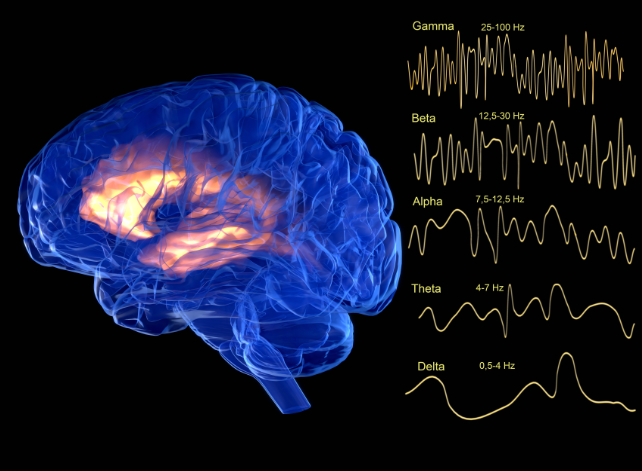ARTICLE AD
A case of a Kentucky man waking up as his organs were about to be harvested for donation has called into question the protocols used by US hospitals and organ donation networks to qualify death.
Whistleblower Nyckoletta Martin outlined the horrifying case in a letter addressing the US House of Representatives Energy and Commerce Committee's September hearing on the nation's organ procurement and transplantation system.
While employed as an organ preservationist for Kentucky Organ Donor Affiliates (KODA), Martin had allegedly reviewed case notes on the October 2021 surgical procedure.
According to a report by the US public broadcasting organization National Public Radio (NPR), those case notes indicated the donor had shown signs of life following a clinical test to evaluate the heart's fitness for transplant purposes.
"The donor had woken up during his procedure that morning for a cardiac catheterization," Martin told NPR's Rob Stein. "And he was thrashing around on the table."
The patient at the center of the incident is 36-year-old Anthony Thomas 'TJ' Hoover II, who had been rushed to Baptist Health Hospital in Richmond, Kentucky, following a drug overdose.
Declared brain dead in the wake of a cardiac arrest, TJ was removed from life support and prepared for organ donation in accordance with his wishes.
TJ's sister Donna Rhorer was by her brother's side following his passing. Along with other family members, Rhorer recalled seeing TJ's eyes open and look about on the way to the theater, to be told by staff this was a common reflex.
It was only later when TJ displayed more exaggerated movements on the operating table and "was crying visibly" that medical staff in the room became alarmed.
In a chaotic and emotionally charged response to the situation, surgeons declined to continue the procedure even as KODA allegedly requested another doctor to follow up – something which KODA denies.
"The procuring surgeon, he was like, 'I'm out of it. I don't want to have anything to do with it," organ preservationist at the hospital Natasha Miller told NPR.
"It was very chaotic. Everyone was just very upset."
Thankfully TJ remains alive and in the care of his sister, though according to the NPR report, he has ongoing problems with his speech, memory, and movement.
The case is under investigation by the federal Health Resources and Services Administration. Baptist Health Richmond issued a statement through NPR affirming the safety of its patients is its highest priority, while KODA maintains the case hasn't been accurately represented.
In a statement issued in September, KODA wrote that "if a patient's condition improves or they do not experience cardiac arrest within an established period of time for donation, the family is informed that the donation cannot take place, and the patient remains under the care of the hospital. This is exactly what occurred in the case at issue."
Determining the likelihood that a patient could regain some degree of consciousness in the future depends largely on meeting a list of criteria concerning the state of brain function that balances certainty against various other needs and concerns.
 Electroencephalogram readings to detect electromagnetic waves in critical areas of the brain typically play an important part in determining whether somebody has undergone brain death. (Juan Gaertner/Science Photo Library/Getty Images)
Electroencephalogram readings to detect electromagnetic waves in critical areas of the brain typically play an important part in determining whether somebody has undergone brain death. (Juan Gaertner/Science Photo Library/Getty Images)Setting the criteria too strict means patients who have vanishingly small chances of recovery could occupy resources – be it hospital beds, ventilators, or even organs – that could see another patient survive. Too lax, and rare events like this one become less rare, shaking the public's confidence in the medical system.
"That's everybody's worst nightmare, right? Being alive during surgery and knowing that someone is going to cut you open and take your body parts out?" Martin told NPR. "That's horrifying."
Organ transplantation is currently a significant health issue in the US, with the current administration undertaking reforms in the system to improve accountability and transparency.
Not only have concerns been raised about the potential for errors such as these, but accusations of inequality in donation, excessive wait times, and wastage in donated organs have been leveled at existing networks.
More than 46,000 organ transplants were successfully carried out in the US last year. That's barely a fraction of the some 100,000 patients awaiting transplants, though none would be possible if not for the gracious gifts of a stranger, or the devotion of medical staff whose experience, care, and vigilance make donation safe and ethical.
Just why TJ became such a seemingly rare statistic is a matter for investigators to determine and ensure it truly becomes even rarer still.

 1 month ago
16
1 month ago
16 

